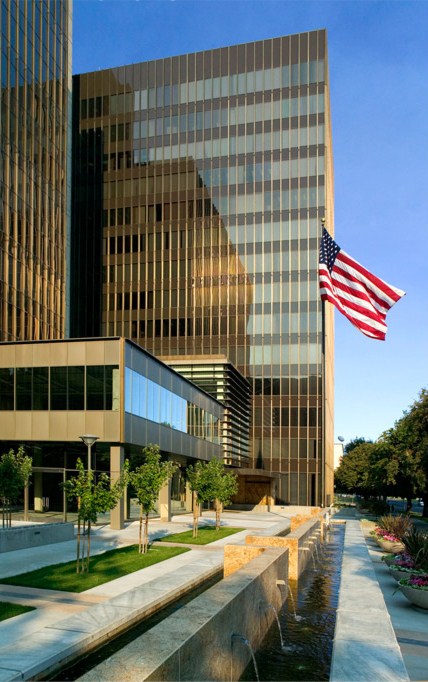
Kassouni Law Sacramento Offices Plaza 555 Suite 900
“This article discusses another vitally important procedural requirement which property owners must satisfy before their property rights claim may be heard by the courts. This is a requirement called “ripeness.” In short, the “ripeness doctrine” means that the government must have reached a final determination of the allowable use of property before a claim will be heard by the court. The United States Supreme Court has repeatedly cited this test: “A claim that the application of government regulations effects a taking of a property interest is not ripe until the government entity charged with implementing the regulation has reached a final decision regarding the application of the regulations to the property at issue.” Elsewhere the Court has cautioned that ripeness require that ripeness requires a final determination of the “type and intensity” of development that will be allowed. Only then can the economic impact on the property be determined.Suppose, for example, a property owner wishes to build an apartment complex on property zoned for multi-family residential use. If the planning department rejects any aspect of the proposal, for example the size or layout of the complex, the property owner may be required to submit one or more further applications in an attempt to satisfy the planning department’s concerns.The reader may now be asking: how many further applications are enough for the claim to be ripe? This is where there is unfortunately no clear cut answer. As you can suspect, it is highly unlikely that the planning department will ever communicate anything definitive, knowing full well that this will enable the property owner to proceed with a claim in court. A seasoned land use lawyer will always try to pin down the government with a definitive position.
In some circumstances, ripeness will be a simple hurdle to overcome. If, for example, a growth control measure is passed which prohibits all development on its face, the property owner will not be required to submit a meaningless application. In addition, the government will in some instances flatly state that additional applications will not be reviewed or granted. This will trigger a “futility exception” to the ripeness requirement.
In short, there are no clear guidelines for property owners. In most regulatory takings cases, the government will assert ripeness as a jurisdictional defense. It is up to the property owner to ensure that proper steps were taken at the administrative level to overcome this defense.
The attorneys at Kassouni Law have over two decades of experience dealing with ripeness issues in the land use process. Managing partner Timothy Kassouni has written an often cited law review article on the subject, entitled “The Ripeneness Doctrine and the Judicial Relegation of Constitutionally Protected Property Rights.” For an evaluation of your legal land use matter, contact the land use lawyers at Kassouni Law by calling (877) 770-7379.

